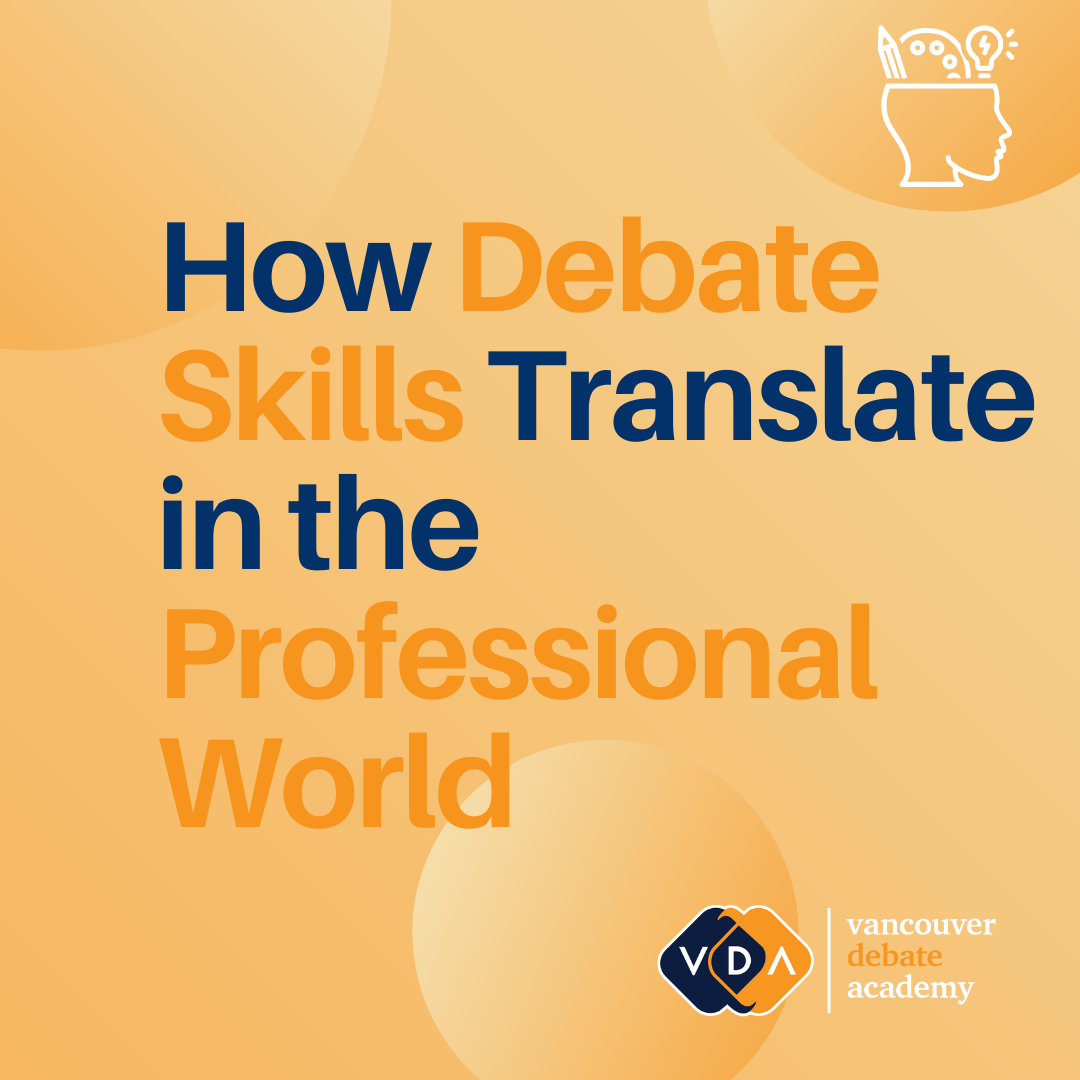The History of Competitive Debate: Where It All Began

It’s easy to trace the arc of competitive debate if you know where to look. Begin with Athens. Begin with the men, their chins raised, their hands gesturing outward as if the weight of the world were in their arguments. It might as well have been. Athens was where words could alter a state, where to speak was to wield power. The Athenian parliament was not a classroom, not yet. It was the world itself, a place where politics and philosophy blurred until they became inseparable. You had to know what you believed in, or at least be able to convince someone else that you did. The stakes were existential.

From these beginnings—where debate was a tool of survival, not sport—one might think the flame would flicker and fade with time. But that’s never how it works. Words, once freed, are rarely tamed. Then there was Oxford. The Oxford Union, specifically. By the time it was founded in 1823, the ancient ideals had mutated. Debate was no longer a necessity of governance but a kind of intellectual jousting. Men in robes, young and eager, began speaking not because they had to but because they could. They parried with wit, with rhetoric, with the strange, self-assured righteousness that comes only from debating in a space removed from the consequences of governance.
It became a proving ground, a place where futures were made or lost in the parsing of sentence. And the Oxford Union mattered. It mattered because it set the tone for what debate would become in the modern age: a sport. A contest of minds, performed in front of an audience, adjudicated, discussed, debated again. The subjects changed—no longer the governance of city states but hypothetical questions, policy challenges, esoteric abstractions. In Oxford’s hallowed halls, debate became an institution, something polished, revered, and, eventually, emulated.
Fast forward: it’s everywhere now. The grandiose Athenian ideals, filtered through the structured precision of the Oxford Union, have taken root across schools and universities around the globe. High school students argue about climate change and immigration. University debate teams travel, laptops in hand, across countries to prove their superiority not in the arena but in classrooms. The stakes have shifted, but the urgency remains.
Debate has become a system. A game, even. Points awarded, motions passed, arguments meticulously scored. Some of the participants will go on to real parliaments, to real politics, others will move into law, academia, media. Most will simply remember their time debating as an exercise—a ritual they once practiced, where the power of their words mattered in small rooms to small audiences.

But there’s a flicker, still, of those ancient Athenians. In the way someone leans forward at a podium, locking eyes with the judges, convinced—if only for a moment—that what they are saying could change the world.
Written by Coach Sarah

